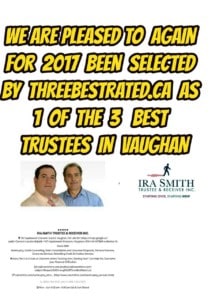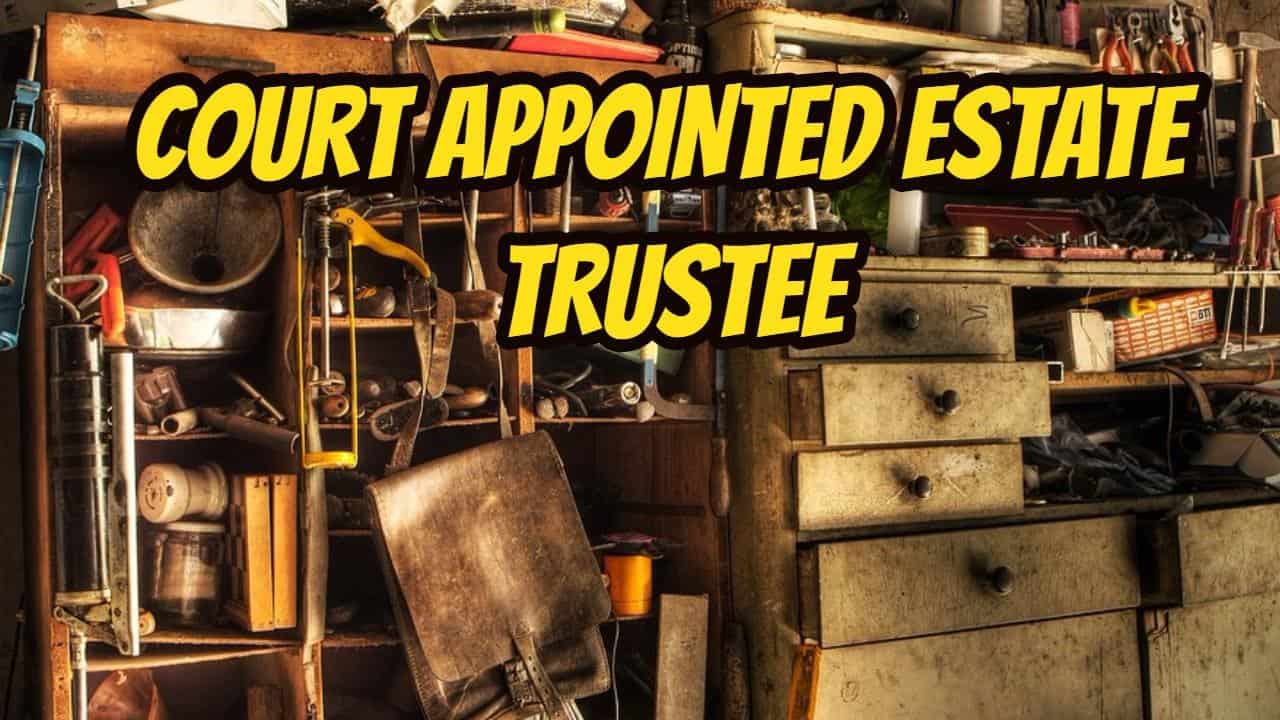 Court appointed receiver real estate: Introduction
Court appointed receiver real estate: Introduction
Over the last 5 years, (and of course for many years before then), we have taken on many Court appointments for commercial real estate receivership files. In August 2017 we wrote BUYING REAL ESTATE FROM A RECEIVER: READ, REMEMBER AND FOLLOW THE CONTRACT LAW FINE PRINT. In that blog, we described a BC Court of Appeal decision to show how tricky both the sale and purchase of court appointed receiver real estate can be. For this Brandon’s Blog, I list certain purchaser terms normal in an arm’s length non-distress situation. I explain why they can’t always work when purchasing from a receiver.
Court appointed receiver real estate: 558 Dovercourt Road, Toronto
One of our current assignments is the sale of real property with a civic address of 558 Dovercourt Road, Toronto. This is a residential income property (with a commercial storage component). Given the potential for competing claims, the second mortgagee wanted to go the court appointed receiver route, rather than a traditional mortgagee power of sale. This is so the Court is available to sort out any issues of competing claims or other claims.
We have to date received two offers to purchase. Unfortunately, both offers weren’t acceptable. Our sign back of the first offer was not accepted by the potential purchaser. The second offer was not even worthy of a sign back.
It was not only an issue of price. The potential purchasers also included various terms that were unacceptable to any court appointed receiver. This is notwithstanding that they may be fine to a normal vendor.
Court appointed receiver real estate: Unacceptable terms
Below are some common terms that we see potential purchasers include in an offer. I give the reason(s) why a court appointed receiver cannot include them in an acceptable agreement of purchase and sale. Keep in mind that the court appointed receiver is not trying to be difficult or mean. Hopefully, these explanations will help.
- The seller – The seller is not just the court appointed receiver’s company name. Rather, the vendor is court appointed receiver’s company name, solely in its capacity as court appointed receiver of [legal name of property owner]. It is only the official court appointed receiver capacity selling the real estate. The court appointed receiver’s power to offer the property for sale and enter into an agreement as seller comes from the court appointment order. The Court also supervises the administration and sale.
- All equipment/appliances will be in good working order on closing – A court-appointed receiver cannot give such a warranty. A private receiver or a court-appointed receiver sells assets on an “as is where is” basis, with no warranties. It’s just the way it is.
- The court appointed receiver will obtain court approval for the sale before the purchaser has waived all of the purchaser’s conditions – A court appointed receiver can’t and won’t go to Court to obtain approval to a transaction that may not even exist later on because the purchaser won’t waive one or more conditions and the deal goes dead. The court appointed receiver won’t incur the cost of preparing its motion and going to Court before knowing there is a firm deal. This obviously includes the payment of the deposit funds.
- Seller will discharge work orders – A court appointed receiver will not do the repairs or upgrades to the property in order to discharge work orders. The court appointed receiver will, of course, give clear title to the property by discharging mortgages or liens. The Court approval Order, called a Vesting Order, does this. The purchaser has the time to have his/her/its lawyer inspect title. The deal ends if proper title can’t be given. If the purchaser does not want to inherit certain work orders, then that should be another condition.
- Seller will provide the buyer with keys that work to every exterior and interior door lock – A court appointed receiver will not agree to this. The court appointed receiver will certainly provide any keys in its possession.
These are the most common buyer conditions that a court-appointed receiver real estate sale won’t be able to handle. In my next blog, I will look at common conditions a court appointed receiver seller uses.
Court appointed receiver real estate: Is your mortgagor in trouble?
Are you a mortgagee over a commercial real estate property where the mortgagor is in default? Are there reasons why you need to consider applying to Court for a court appointed receiver + real estate sale?
If yes, contact the Ira Smith Team. Our philosophy for every person and company is to develop an outcome where Starting Over, Starting Now happens, beginning the minute you come in the door. You’re just one call away from taking the essential action steps to get back to leading a healthy and balanced stress-free life.








